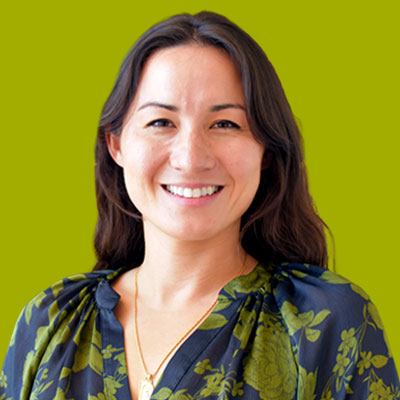Cho-Hee Shrader
cs4138@cumc.columbia.edu
Program: PhD in Prevention Science
Graduation Year: 2021
Employer: ICAP at Columbia University
Job Title: NIH T32 Postdoctoral Research Fellow
Cho-Hee Shrader (she/her), PhD, MPH, is an NIH T32 Postdoctoral Research Fellow in Global HIV Implementation Science and Substance Use Epidemiology at Columbia University. Dr. Shrader’s research explores the intersection of how social networks and neighborhood characteristics impact minority health disparities, such as HIV, stress, and substance use disorder among sexual, gender, and racial/ethnic minority communities. Dr. Shrader’s research interests empass both the global and the domestic South, focusing on Black, Latinx/e/o, and Caribbean sexual minority men and gender diverse people.
Additionally, Dr. Shrader’s research incorporates implementation science and its influences on HIV prevention intervention success. Dr. Shrader received her PhD in Prevention Science and Community Health which was funded by a Ruth L. Kirschstein National Research Service Award from the National Institute of Minority Health Disparities. Her dissertation explored how personal social networks and neighborhood determinants influenced Latino/x men who have sex with men (LMSM) access to PrEP and PrEP-related information. Dr. Shrader received her MPH in Global Health from Emory University and completed her BS in Physiology at the University of Iowa and the University of Cape Town.





